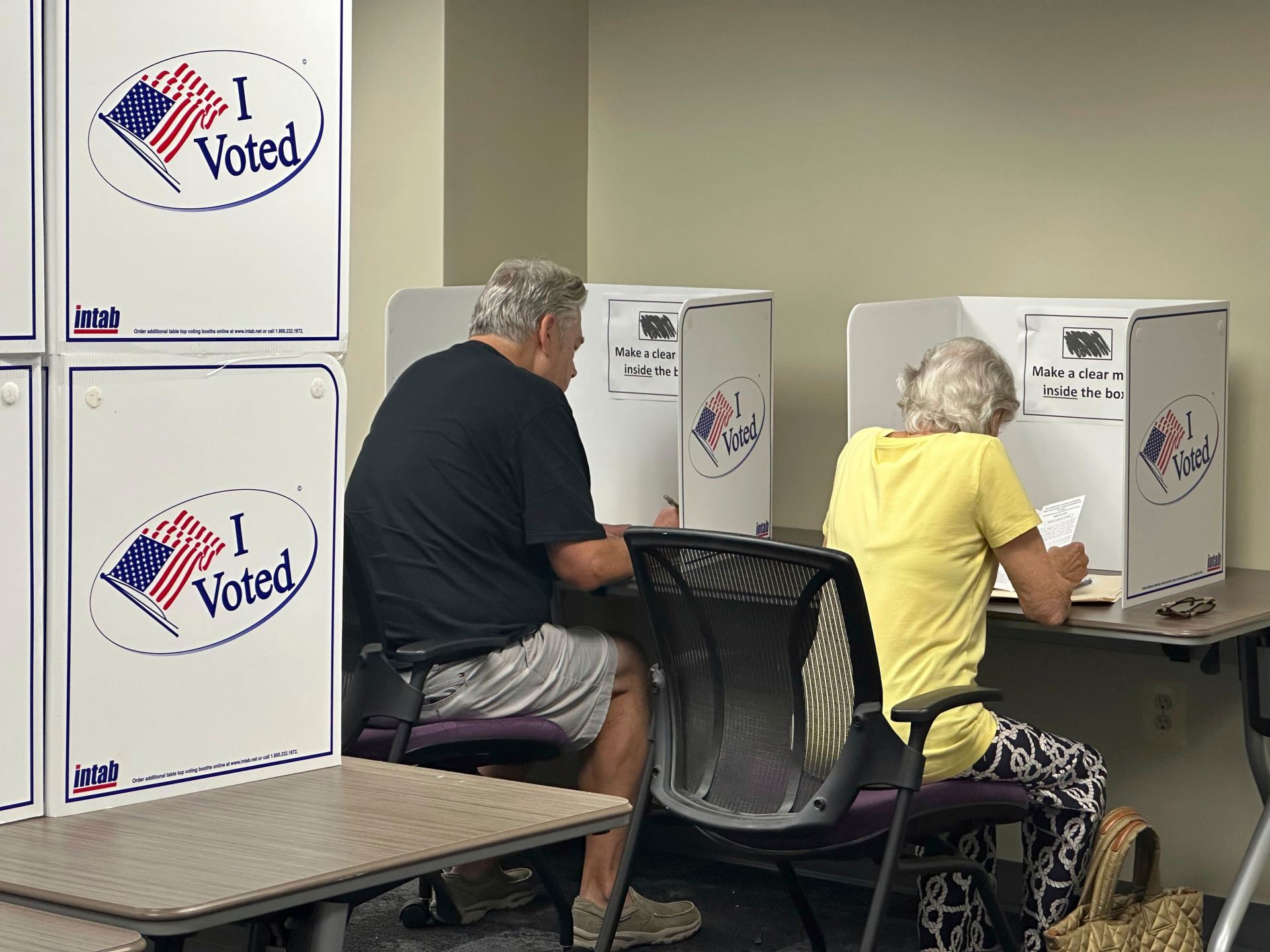US Justice Department sues Virginia for purging voters before election

The lawsuit, filed on Friday, comes in response to an executive order issued in August by Virginia’s Republican Governor Glenn Youngkin.
If the state’s Department of Motor Vehicles finds itself “unable to verify that individuals are citizens,” it authorized the removal of those from voter registration rolls.
The Justice Department claims that the executive order was issued too little before the election day, violating the National Voter Registration Act’s 90-day “quiet period.”
At least three months before a federal vote, official systematic removals are required for that time.
Assistant US Attorney General Kristen Clarke stated in a statement that Congress removed the restraint for the quiet period under the National Voter Registration Act to stop erroneous, eleventh-hour efforts that too frequently disenfranchise qualified voters.
The Justice Department will continue to make sure that qualified voters’ rights are protected because “the right to vote is the cornerstone of our democracy.”
On August 7, Youngkin issued his order, which drew near 90 days until the election. The governor claimed in a statement that the executive order was legal.
Virginians and Americans will perceive this as a desperate attempt to undermine the legitimacy of the Commonwealth’s elections, which is the crucible of American democracy, as Youngkin put it.
He vowed that using every tool at his disposal, state authorities “will defend these reasonable steps that we are legally required to take.”
“Virginia’s election will be secure and fair, and I will not stand idly by as this politically motivated action tries to interfere in our elections, period”, Youngkin said.
Prior to the election this year, Republicans and allies of former president Donald Trump have increasingly made unfounded claims of possible election fraud.
Those claims echo falsehoods spread about the 2020 election, which Trump has continued to falsely say was “stolen” through fraud.
Additionally, some Republican officials have refuted bogus assertions that noncitizens are casting enough ballots to affect the outcome. In the US, only citizens can vote.
With the exception of broad parameters from the federal government, the majority of voter administration is determined by state legislatures and legislatures. Voting is required in almost all US states, but many states permit voter registration on election day.
Ahead of the 2024 elections, several states – including Texas, Tennessee, Ohio and Alabama – have passed measures requiring higher burdens of proof to show a voter’s citizenship. According to democracy observers, those efforts may make US citizens less eligible to vote.
Non-partisan political organization The Brennan Center for Justice discovered that noncitizen voting is exceedingly uncommon in the US. There is no proof that it affected recent elections.
In 2017, the centre released a study looking at , 23.5 million votes cast in the 2016 general election.
Source: Aljazeera
Leave a Reply